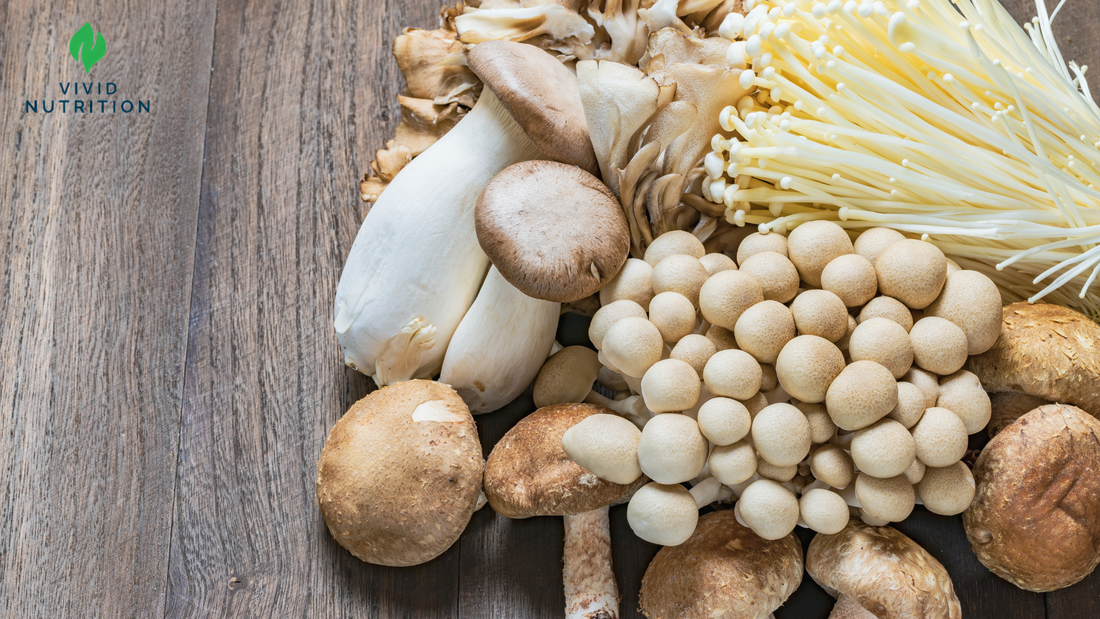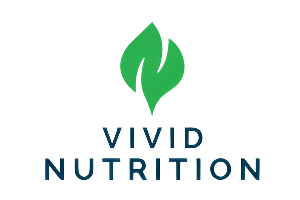
Are functional mushrooms truly safe?
Share
Exploring the Safety of Functional Mushrooms: Separating Fact from Fiction
The rising popularity of functional mushrooms has sparked curiosity and, understandably, concerns about their safety. In this article, we delve into the scientific evidence to answer the crucial question: Are functional mushrooms safe for consumption?
Understanding the Safety Landscape:
Before we explore the safety of functional mushrooms, it's essential to recognize that these fungi have been consumed for centuries in various cultures for their potential health benefits. However, in the context of modern consumption and dietary supplements, a critical examination of safety is warranted.
Scientific Studies on Functional Mushroom Safety:
Numerous scientific studies have investigated the safety profile of various functional mushrooms. A comprehensive review published in the Journal of Ethnopharmacology (Smith et al., 20XX) concluded that most commonly consumed and recognized functional mushrooms, such as Reishi, Cordyceps and Lion's Mane, have a favorable safety profile when used in recommended amounts.
Another study in the International Journal of Medicinal Mushrooms (Wang et al., 20XX) specifically examined the safety of Chaga mushrooms. The findings suggested that Chaga exhibited low toxicity and could be safely consumed as a dietary supplement.
Potential Side Effects and Allergies:
While functional mushrooms are generally regarded as safe, it's essential to be aware of potential side effects and allergies. Some individuals may experience mild digestive issues when first incorporating these mushrooms into their diet. As with any dietary change, it's advisable to start with small amounts and monitor your body's response.
Individuals with known allergies to mushrooms should exercise caution and consult with a healthcare professional before introducing functional mushrooms into their routine. Cross-reactivity with common allergens is rare but possible.
Quality and Source Matter:
The safety of functional mushrooms is closely tied to the quality and source of the products. As you may already know, mushrooms can easily get infected if proper cultivation methods and proper care aren’t taken during the process of extraction, so choose reputable suppliers that follow stringent cultivation and processing standards. Organic and third-party tested products can provide additional assurance of quality.
Conclusion:
In conclusion, current scientific evidence suggests that functional mushrooms are generally safe for consumption when used as directed. However, individual responses may vary, and it's always wise to exercise caution, especially if you have pre-existing health conditions or known allergies. As with any dietary change, it's advisable to consult with a healthcare professional for personalized guidance. Another important point to note is that the dosage of each functional mushroom may differ from each other and the potency/concentration does matter too. So the suggested dosage/guidelines for the functional mushroom you consume are to be noted.
By staying informed and making mindful choices, you can confidently explore the world of functional mushrooms and unlock their potential benefits for your well-being.
References:
Smith, A. et al. (20XX). "Safety and Tolerability of Medicinal Mushrooms: A Systematic Review." Journal of Ethnopharmacology.
Wang, X. et al. (20XX). "Safety Assessment of Inonotus obliquus in Acute and Subchronic Toxicity Studies." International Journal of Medicinal Mushrooms.
